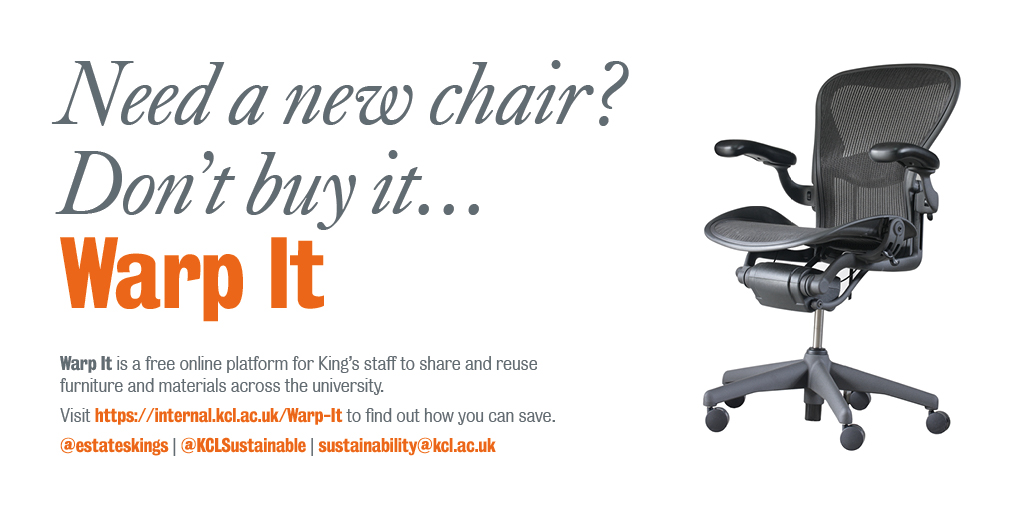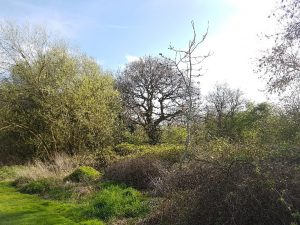Hello from Maria from the King’s Sustainability team! For today’s blog, I wanted to share an exciting event I attended over the last three days.
This week, I attended the Climate Reality Project Leadership Corps Training. The three day event is organised by the Climate Reality Project, founded by former US Vice President Al Gore. Its aim is to train people from all over the world to be leaders in the fight against climate change, and the training events were featured in 2017’s ‘An Inconvenient Sequel: Truth to Power’.
In Berlin, over 600 new Climate Reality Leaders were trained over three days. The days included a number of presentations and panel debates on climate change and issues around it. As the first day of the training coincided with the first meeting of the German Coal Commission, coal was one of the key themes during the event. A panel on how Germany – and the rest of Europe – can leave coal behind in favour of renewables included an emotional account from a citizen whose village is due to make way for an expanding coal mine. You can read more about Germany’s disappearing villages here. Despite the need for Europe to move away from coal, another panel acknowledged the challenges countries relying on coal for energy face in their transition. Many European countries will need to look at how they can turn their economy around while ensuring former coal industry workers are ready to move into jobs in other industries.
One highlight of the training was to see Al Gore present his now famous slide deck on the climate crisis and its solutions. For over two hours, he explained the science behind climate change, the impact it has on the world right now – and will likely have in the future – and the solutions that already exist. While countless images of environmental destruction and disasters around the world may make it seem like there is no hope, recent developments in renewable energy show that it is not too late to change our path. For example, in June 2017 Scotland sourced 100% of its electricity from wind power for a whole month, and countries around the world are scaling up their solar capacity. In the UK, countless local authorities have pledged to go 100% renewable in the future. Hope was a defining theme of the training, with presenters and panellists reminding the trainees that it is possible to tackle the climate crisis.
A particularly inspiring moment showing changing attitudes was during a Q&A session on the climate crisis presentation. When the audience was asked to raise their hand if they do not own a car, the majority of the room raised their hand. You can see a picture of this moment here.
As a now newly trained Climate Reality Leader, I am excited to go out and campaign on climate change. Climate Reality Leaders are asked to complete Acts of Leadership following their training, which can include anything from giving a presentation to writing a letter to their elected representatives. The Leadership Corps is also a thriving community, with regional and local chapters organising meetings, and assisting and mentoring one another to tackle climate change together. This community element was also central to the three days of training, with each of us encouraged to meet and connect with fellow Climate Reality Leaders from around the world. It was inspiring to see so many people from different industries and all ages coming together to solve one big challenge!
If this has inspired you to become a Climate Reality Leader yourself, you can follow Climate Reality on Facebook and Twitter to make sure you don’t miss any upcoming trainings. The next one is due to take place in Los Angeles in August, with applications open now.



